NASA / SET / Mars Orbiter
Working on Martian image processing pipeline, image cube denoising, spectral signature analysis, and simulation.
AI • Machine Learning • Computer Vision • Robotics • Navigation • Systems Integration
I’m a Staff Software Engineer with 15 years of experience building intelligent systems that bridge the digital and physical world. I specialize in AI, machine learning, computer vision, and automation for robotic and electromechanical systems.
I’m at my best in early, open-ended problem solving—turning ambiguity into working systems. I take a holistic, hands-on approach: understanding user needs, developing algorithms, building usable products, and designing architectures that scale as teams and goals evolve.
What sets me apart: I move fast without cutting corners, often producing working prototypes in hours or days, and I communicate clearly about scope, risk, and tradeoffs.
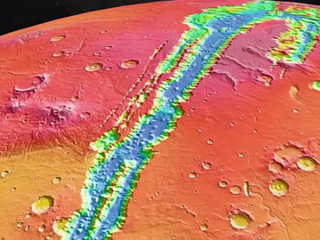
Working on Martian image processing pipeline, image cube denoising, spectral signature analysis, and simulation.
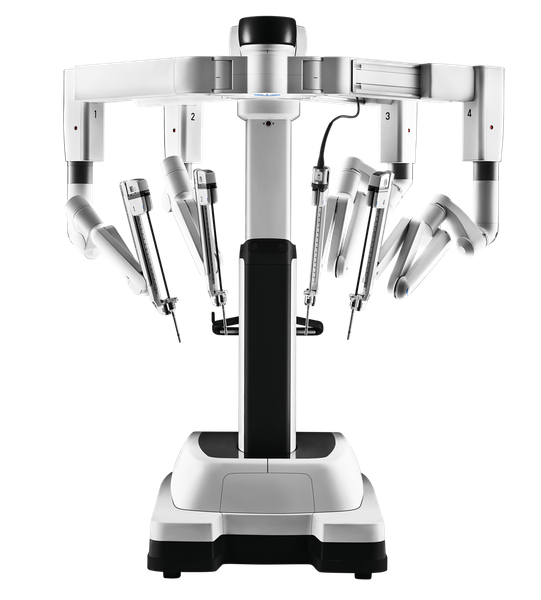
For I contributed to the development of the Da Vinci Surgical Robotic System for 8 years, contributing in both technical and leadership capacities. My focus was on the development of software for testing and assembly equipment.
AutoEncoders are often used for denoising images, or highly efficient lossy compression. They can also be used to detect anomalies that don't conform to a set of training images. I explore auto-encoders for anomaly detection in manufacturing applications.
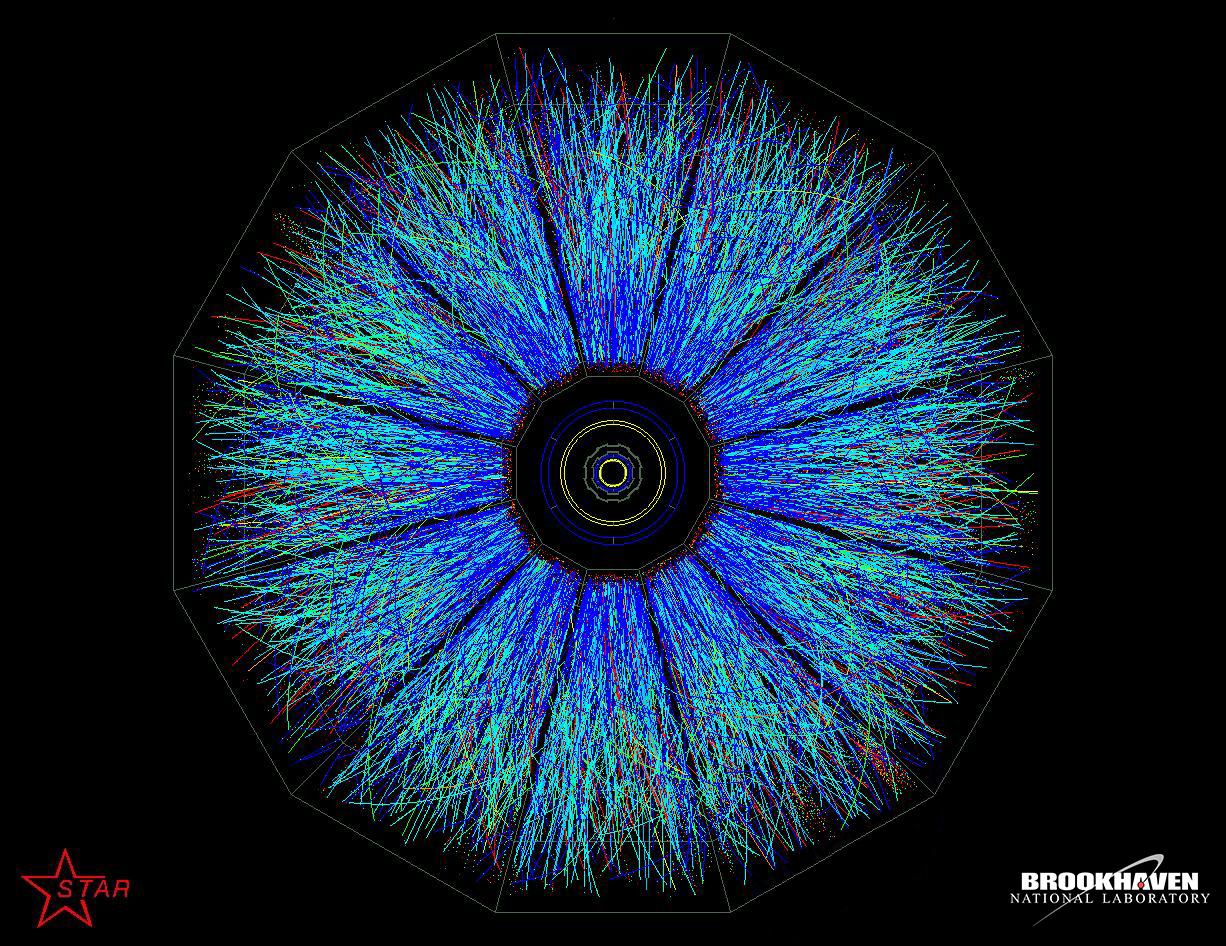
Understanding the universe in the first moments after the big bang by analyze high energy collisions of gold ions. Particularly, writing geometric routines to improve mapping of particle trajectories.
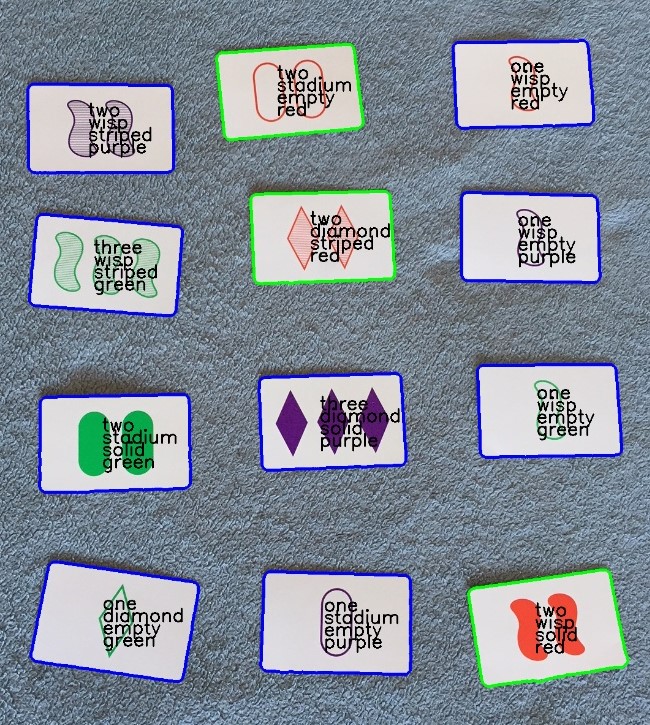
Want to be a card shark? Ever played Set? This program detects and analyzes images/video of cards and highlights your best moves. Use it live or with saved images.
This program has learned to write sentences describing any images that are fed into it.
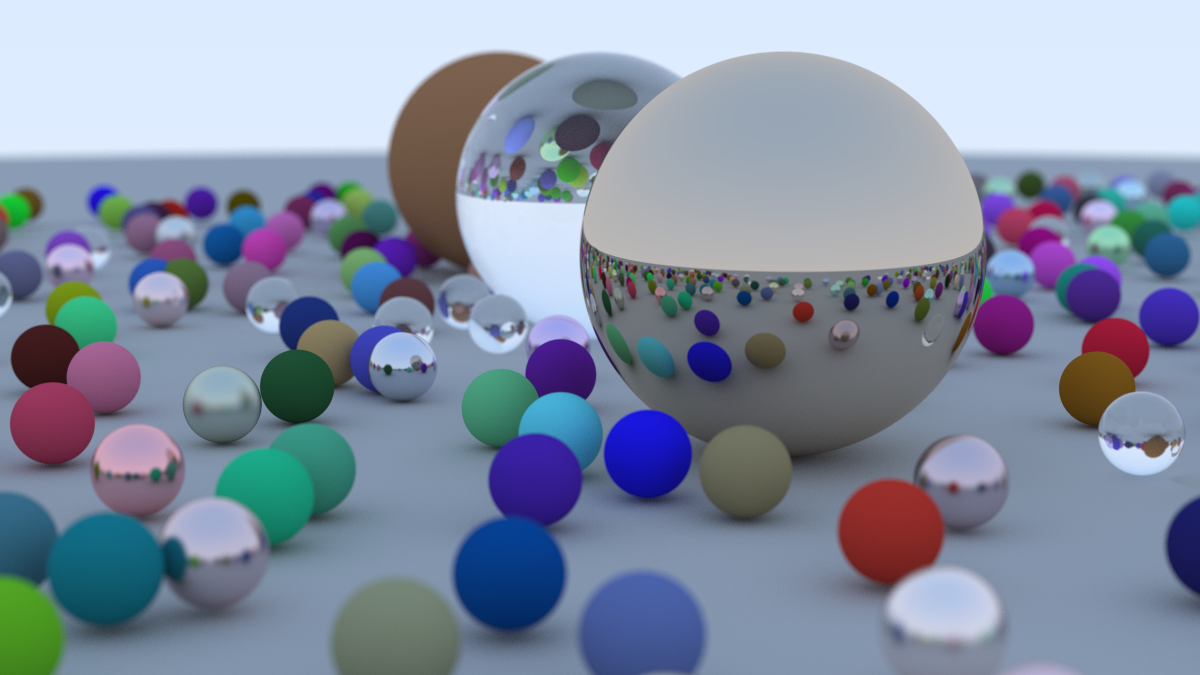
Ever wonder how images are rendered in movies and video games? This ray tracer (written in C++) does just that, exploring how to write optimized code to mimic the physics underlying how light bounces through a scene, eventually reaching your eye/camera.
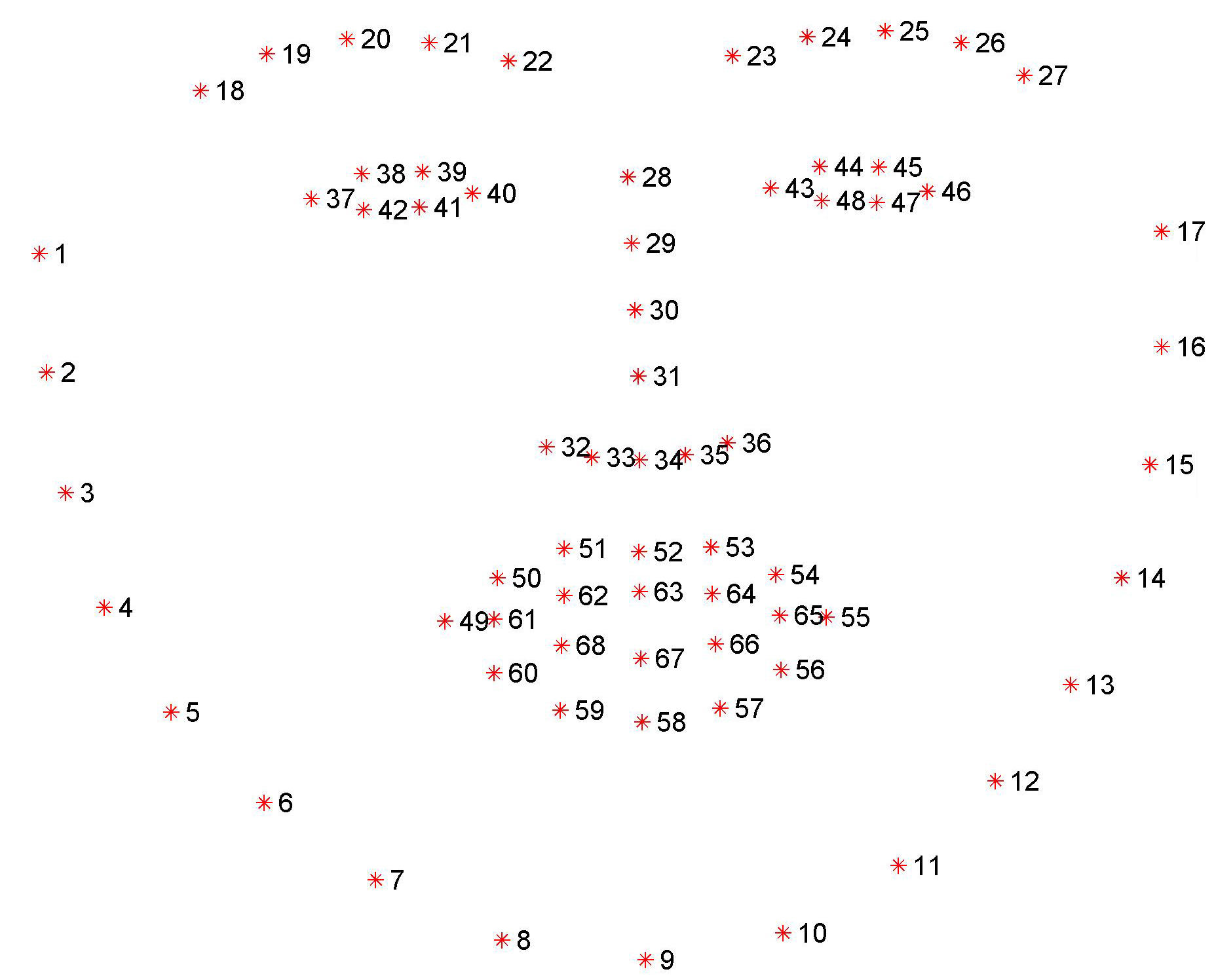
Find key facial features from the Youtube dataset, and apply them to images, or live video.
Discover reinforcement learning with a wide range of agents, policies, and environments. Start with basic MonteCarlo agents and work up to SARSA and Deep Q-learners.
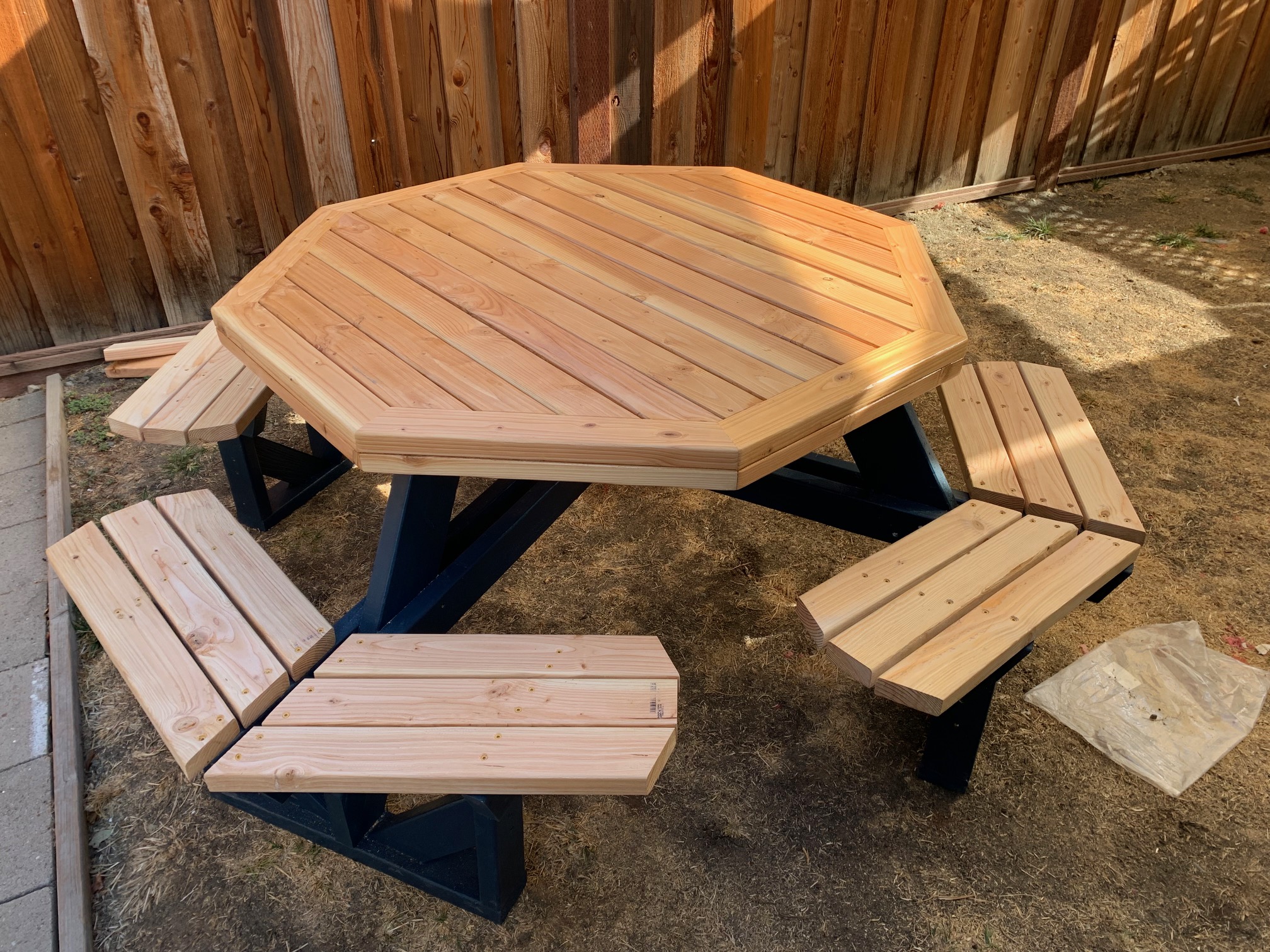
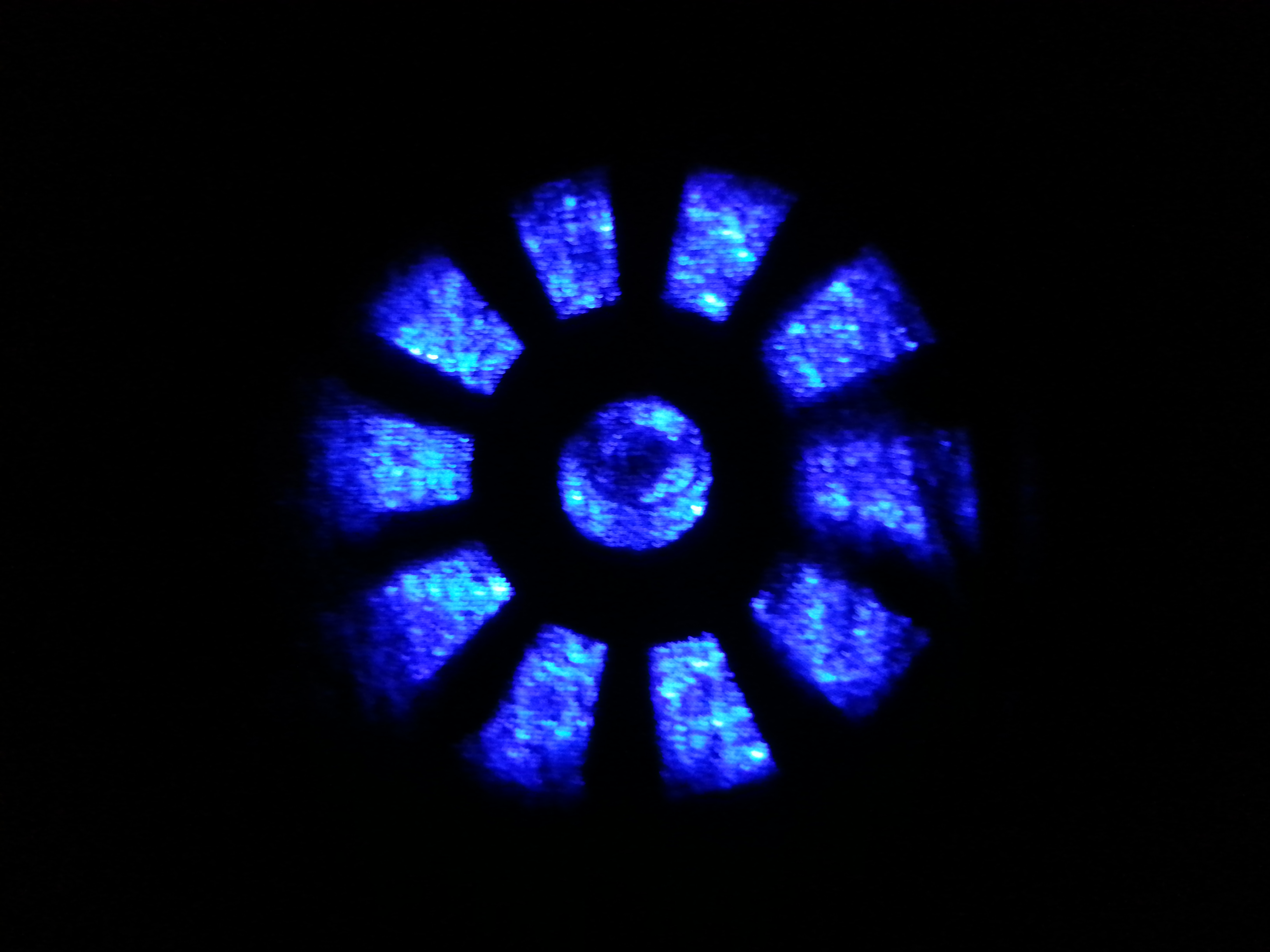

Please text or leave a message, as I rarely answer unknown numbers.